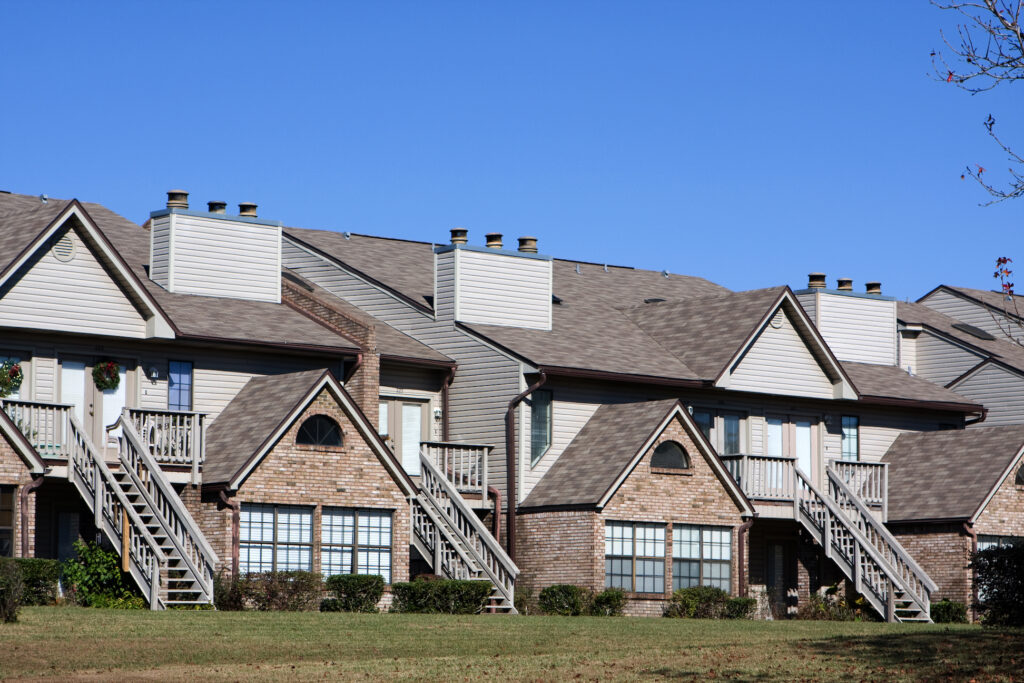Homeowner and condo associations play a vital role in maintaining and protecting properties within their communities. One of the primary concerns for both associations and homeowners is the prevention of fire, mold, and water damage. In order to ensure the safety and well-being of residents, it is essential to understand the division of responsibilities between the association and individual homeowners.
Association Responsibilities
- Insurance Coverage: Have comprehensive insurance coverage that includes protection against fire, mold, and water damage to cover the cost of repairs and restoration in the event of unforeseen incidents.
- Regular Property Inspections: Routinely inspect common areas, shared infrastructure, and building exteriors to identify potential fire hazards, signs of mold growth, and water damage risks. Any issues should be addressed promptly to prevent further damage.
- Maintain Common Areas: Ensure that common areas, such as hallways, stairwells, and parking garages, are well-maintained and free from any fire or water hazards. Regular cleaning and inspections should be carried out to minimize risks.
- Fire Safety Measures: Implement and maintain fire safety measures, such as fire alarms, extinguishers, and emergency exit plans. Regular testing and inspection of fire safety equipment is critical to ensure functionality in case of an emergency.
- Proper Drainage and Water Management: Maintain proper drainage systems and address any water-related issues promptly. This includes cleaning gutters, repairing leaks, and ensuring efficient water flow to prevent water damage and mold growth.
Homeowner Responsibilities
- Insurance Coverage: While the association has its own policy, you need one too. A typical condo policy covers your personal property and any damage to the interior of your unit, as well as offering personal liability and guest medical coverage.
- Property Maintenance: Maintain, inspect and repair your individual property to minimize fire, mold, and water damage risks, help prevent potential hazards and ensure a safe living environment.
- Fire Safety Precautions: Minimize fire hazards within your unit, including installing smoke detectors, regularly checking and replacing batteries, practicing safe cooking habits, and using fire-safe materials and appliances.
- Mold Prevention: Promptly report any signs of mold growth to the association and take appropriate measures to address the issue. Proper ventilation, controlling humidity levels, and promptly fixing plumbing leaks are essential prevention measures.
- Water Damage Prevention: Proactively prevent or mitigate water damage by regularly inspecting and maintaining plumbing systems, promptly repairing leaks, and properly sealing windows and doors.
- Compliance with Association Rules and Regulations: Familiarize yourself with the association’s rules and regulations concerning fire safety, mold prevention, and water damage mitigation. Adhering to these guidelines contributes to the overall safety and well-being of the community.
Protecting properties from fire, mold, and water damage requires a joint effort between homeowner and condo associations and individual homeowners. By working together, homeowner and condo associations can create a safe and resilient living environment for everyone in the community. And if you experience fire, water or mold issues, even with these precautions in place, we are here to repair the damage and return your buildings to their original condition.

